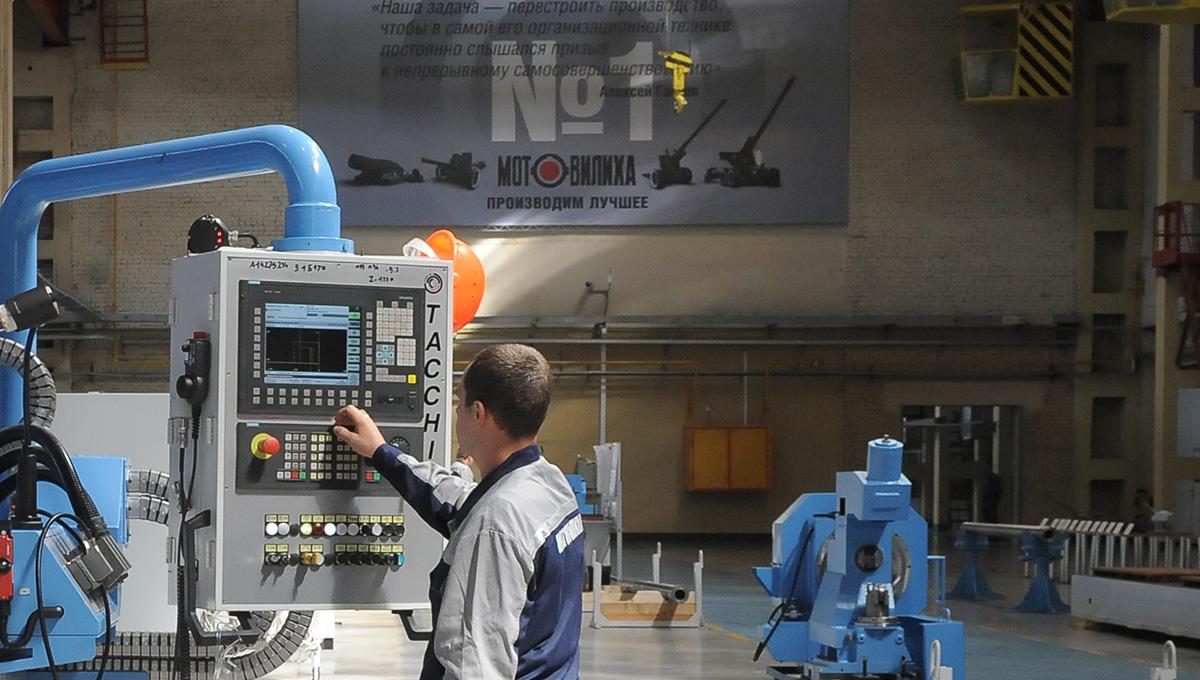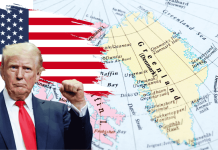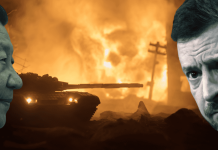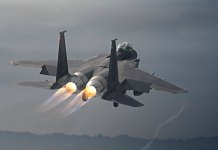Moscow is covertly attempting to acquire Swiss-made precision tools and other high-tech equipment for its military-industrial complex despite strict Western sanctions, according to an investigation by the Swiss newspaper Neue Zürcher Zeitung (NZZ).
With its war against Ukraine depleting vast stockpiles of precision weaponry, Russia has been scrambling to replenish its arsenal. Central to this effort are CNC machines, which allow the rapid production of high-precision components from metal and other durable materials.
These advanced manufacturing systems are essential for sustaining defense production and maintaining military capabilities.
The report reveals that the Swiss Federal Intelligence Service (FIS) has observed a spike in clandestine efforts by Russian procurement networks to buy critical technologies.
The intelligence agency warns that these procurement mechanisms are highly adaptable, and any disrupted supply chains are quickly replaced. This swift process makes enforcement a serious challenge.
Switzerland has been actively working to prevent unauthorized exports through stricter regulations and enforcement measures.
How IAF Tricked Pakistan During 1971 War: Decoding The Curious Case Of Soviet AWACS Helping India
However, data analyzed by NZZ reveals a sharp rise in exports of precision tools and other critical materials to certain intermediary nations. Following the imposition of Western sanctions on Russia, the FIS identified Turkey as a major conduit for unauthorized transfers.
Specific incidents involving attempts to reroute Swiss goods from Turkey to Russia forced the Swiss government to introduce stricter export controls in mid-2023. Since then, all machine tool exports with potential military applications require case-by-case approval.
Another country of concern is Serbia, which has tripled its imports of Swiss dual-use goods since the Ukraine war began. Many of these exports involve high-precision metal-processing tools.
While Switzerland has not yet found evidence of Serbian re-exports to Russia, intelligence agencies remain watchful.
In contrast, exports of sensitive goods to Central Asian states bordering Russia have remained low, thanks to rigorous Swiss oversight. Authorities have blocked several export applications for satellite navigation system components deemed at high risk of being diverted to the Russian military.
India & UAE See Increase In Swiss Dual-Use Imports
India, another country flagged by Swiss intelligence as a potential intermediary for Russian procurement, has significantly increased its imports of Swiss dual-use goods by approximately 65% since the war began.
Several Indian firms have already been targeted by the United States in its crackdown on “third-country enablers,” with Washington accusing them of aiding the Kremlin in evading Western sanctions imposed since the start of Russia’s war on Ukraine in 2022.
Similarly, the United Arab Emirates (UAE) has imported seven times more of these items annually than before the conflict. However, Swiss authorities have not officially designated it as a high-risk country.
Western intelligence services have long suspected the UAE of being a conduit for sanctioned goods bound for Russia.
The latest investigation follows a report by the Economic Security Council of Ukraine, released on January 23, which revealed that Russia has acquired US$18 billion worth of machine tools for weapons production from Europe and China.

Despite the European Union banning the export and re-export of such equipment to Russia, these restrictions do not fully extend to the subsidiaries of European manufacturers operating in third countries like Turkey, China, India, and Malaysia.
At the time, Denys Hutyk, Executive Director of ESCU, said, “Third countries act as transit hubs for equipment that ultimately reaches Russia, while compliance and oversight by parent companies remain weak. This undermines the effectiveness of the EU’s sanctions policy. A full ban on the export and re-export by subsidiaries in third countries is necessary, alongside clear accountability for violators and thorough investigations into each instance of European-made equipment reaching Russia.”
Russia acquired at least 57 CNC machines, valued at over US$26.5 million, from subsidiaries of European manufacturers, along with components and consumables exceeding US$9.5 million.
Notably, the Istanbul branch of Germany’s Emag Salach GmbH produced at least 17 of these machines, worth more than US$14.7 million, which were subsequently exported to Russia.
Emag equipment is actively utilized in Russian military factories, including the Titan-Barikadi Scientific and Production Center, which manufactures launchers for ballistic missiles and components for artillery systems.
Additionally, Moscow has sourced products from other major European manufacturers, including Trumpf, DMG Mori, Chiron, Grob, Schneider Electric, and Siemens, among others.
All in all, the continued involvement of “third-country enablers” raises questions about the effectiveness of sanctions enforcement and the extent of international compliance.
- Contact the author at ashishmichel(at)gmail.com
- Follow EurAsian Times on Google News




